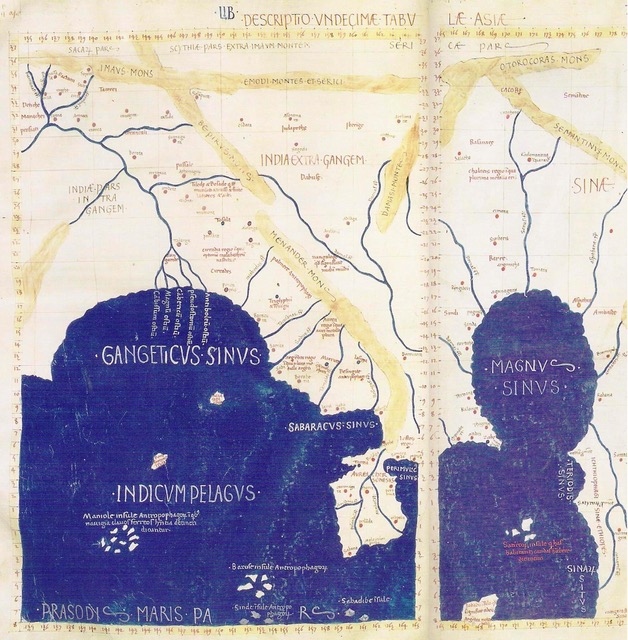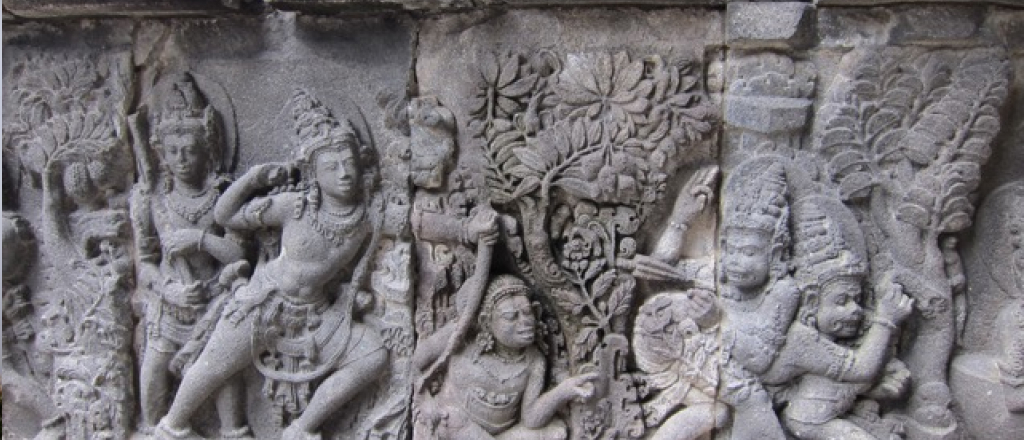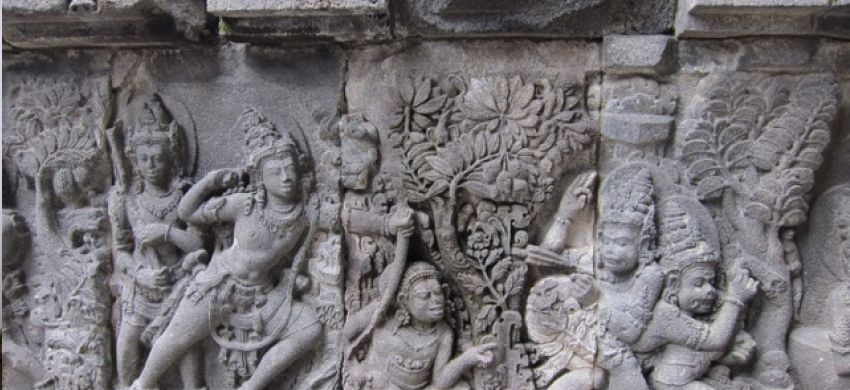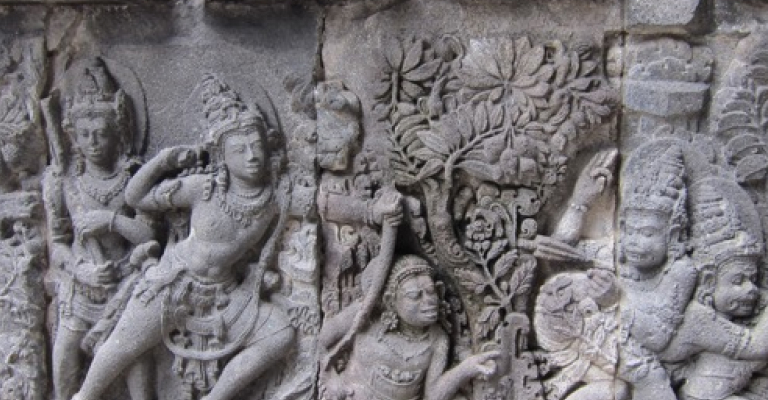
The minor in Global Antiquity offers students an opportunity not found elsewhere in higher education institutes in Singapore: to craft an individualised course of study on ancient societies, the development of “classical” traditions, and their continuing cultural significance. Ancient societies in South Asia, ancient China, the Mediterranean, and the near East developed the enduring paradigms of thought that structure our ways of understanding the world. The Global Antiquity minor trains students to develop tools of analysis for the ancient world. The study of antiquity requires an array of interdisciplinary scholarly approaches to interpret the extant fragmentary sources (textual and material); at the heart of all of these methodologies is a strong foundation in ancient languages to engage with cultures in their own linguistic form. In designing a course of study, students are encouraged to seek unexpected connections across regions and periods, to think historically, and to view antiquity as dynamically transforming and globally interconnected through multiple forms of intercultural contact.
Global Antiquity at Yale-NUS
The minor in Global Antiquity allows Yale-NUS students to plot and articulate a conscious academic trajectory through their studies at the College, distinct from any narrative provided by their major:
- As part of the Common Curriculum [Literature and Humanities (LH)1 and Philosophy and Political Thought (PPT) 1], students are exposed to a range of ancient texts, and they are invited both to appreciate them on their own cultural terms and to relate them meaningfully to the creative productions of other ancient societies;
- Next, students can pursue the minor by taking topical courses on the ancient worlds and by building up expertise in at least one ancient language;
- Finally, students can bring these linguistic and cultural skills together in the form of a capstone that investigates some aspect of Global Antiquity using materials in the original ancient language(s).
What other majors does the GLOBAL ANTIQUITY minor complement?
The PPT and LH sequence in the Common Curriculum provides an initial glimpse into the intellectually and culturally diverse range of ideas from the ancient world. Students who wish to explore a particular area or topic in antiquity can count additional Global Antiquity electives towards the minor, while pursuing major studies in any other field. While majors in History, Literature, or Philosophy may find it helpful to gain minor credit for the language training they need for their capstone research, the self-directed nature of the minor allows students to use the minor courses to satisfy their own interests regardless of their major.
Post-Graduation Outcomes
A minor in Global Antiquity signals serious linguistic training and a comparative perspective on the ancient world and classical traditions. This indicates a distinctive academic specialisation to graduate programmes in Philosophy, History, Classics (including archaeology), Comparative Literature, Asian Languages and Cultures, or South Asian Studies.
Our students have been admitted to study at top graduate programmes, including the University of Cambridge, the University of Oxford, and Princeton University (in Classics), as well as Columbia University, the University of Michigan, the University of Chicago, the University of Toronto (all in Philosophy). Alumni have also gone on to pursue a range of careers. Positions include language instructor, librarian, editor, researcher, and narrative fiction writer at a regional media company.




